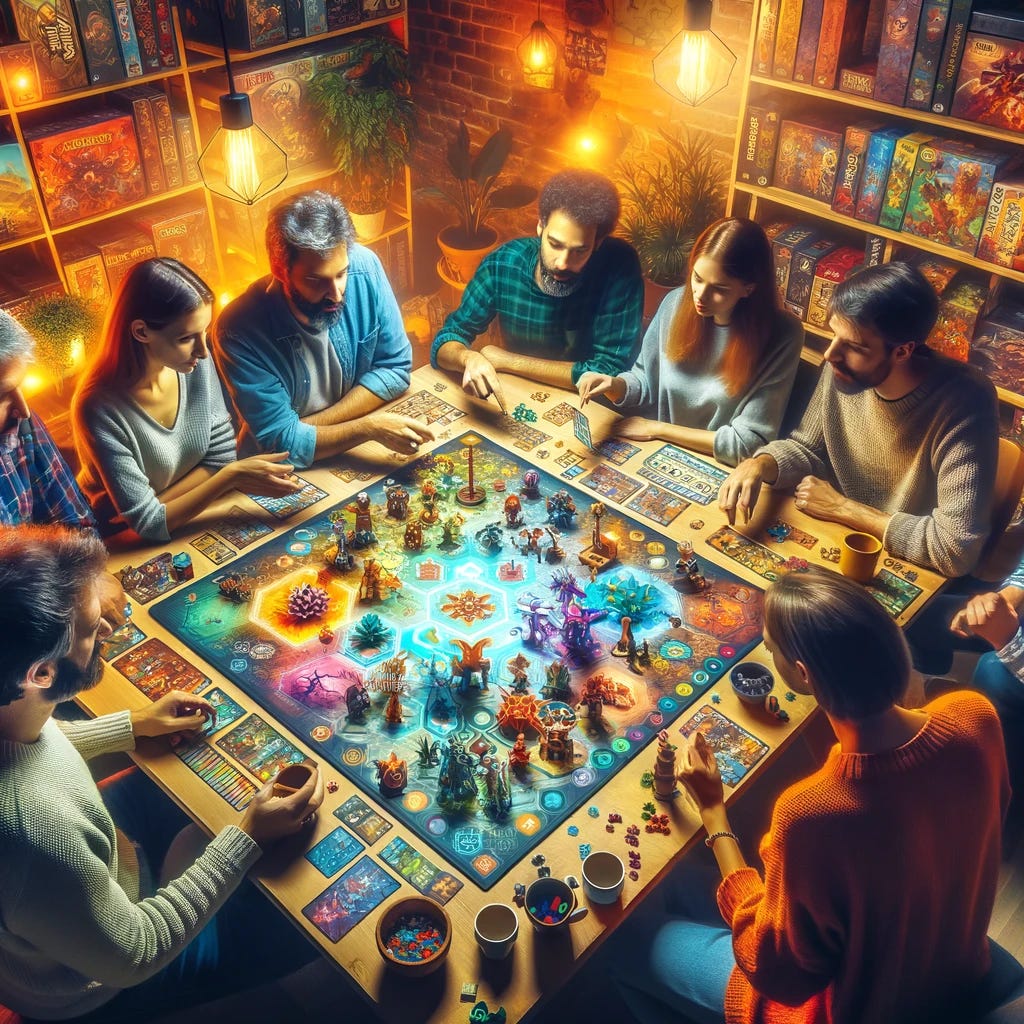Transforming Social Gatherings with Innovative and Engaging Tabletop Experiences
In recent years, social gatherings have undergone a remarkable transformation, shifting from traditional gatherings centered on food and drink to innovative and engaging tabletop experiences that foster interaction, creativity, and fun. These experiences offer a refreshing alternative, creating an environment where guests can connect on a deeper level. The rise of tabletop games—ranging from board games and card games to tabletop role-playing games—has played a pivotal role in this shift, encouraging participation and collaboration among attendees of all ages. These games invite players to immerse themselves in diverse worlds, narratives, and challenges, allowing for a unique blend of competition and cooperation that can break down social barriers. One of the most appealing aspects of tabletop games is their ability to cater to varied interests and skill levels, making them accessible to a broad audience. Hosts can select games that align with the preferences of their guests, whether they favor strategy, storytelling, or simply casual fun. This personalization fosters an inclusive atmosphere where everyone can contribute and engage, setting the stage for lasting memories. In this way, tabletop experiences encourage conversations and interactions that might not occur in more traditional social settings, such as at a bar or a formal dinner.

Furthermore, the tactile nature of tabletop games stands in stark contrast to the digital experiences that often dominate social interactions today. By engaging in physical gameplay, participants can enjoy a break from screens and embrace a more communal approach to entertainment. The act of gathering around a table, rolling dice, or moving game pieces creates a shared experience that promotes camaraderie and strengthens relationships. It also invites opportunities for creativity, as players often collaborate to devise strategies or narrate their adventures, enhancing the overall enjoyment of the gathering. The incorporation of thematic elements into tabletop experiences can further elevate social gatherings. Hosts can choose games that complement specific themes, such as mystery, adventure, or fantasy, and even integrate relevant decor, food, and drink to enhance the overall ambiance. For example, a gathering centered on a popular fantasy tabletop RPG can inspire themed snacks, character costumes, and immersive storytelling sessions.
Moreover, the rise of independent tabletop game designers has resulted in an explosion of unique and innovative games that cater to niche interests, further diversifying the options available to hosts. From cooperative games that require players to work together to overcome challenges to narrative-driven experiences that focus on character development, the modern tabletop landscape offers something for everyone. As a result, hosts can curate personalized game nights that reflect the interests of their guests, ensuring a more engaging and memorable experience. In conclusion, the evolution of social gatherings into engaging tabletop warhammer store san antonio game experiences has redefined how we connect and interact with one another. By prioritizing participation, creativity, and shared experiences, these gatherings foster deeper connections among guests while providing a break from the digital world. As the popularity of tabletop games continues to grow, hosts can embrace these innovative experiences to create unforgettable moments that resonate long after the gathering has concluded.
